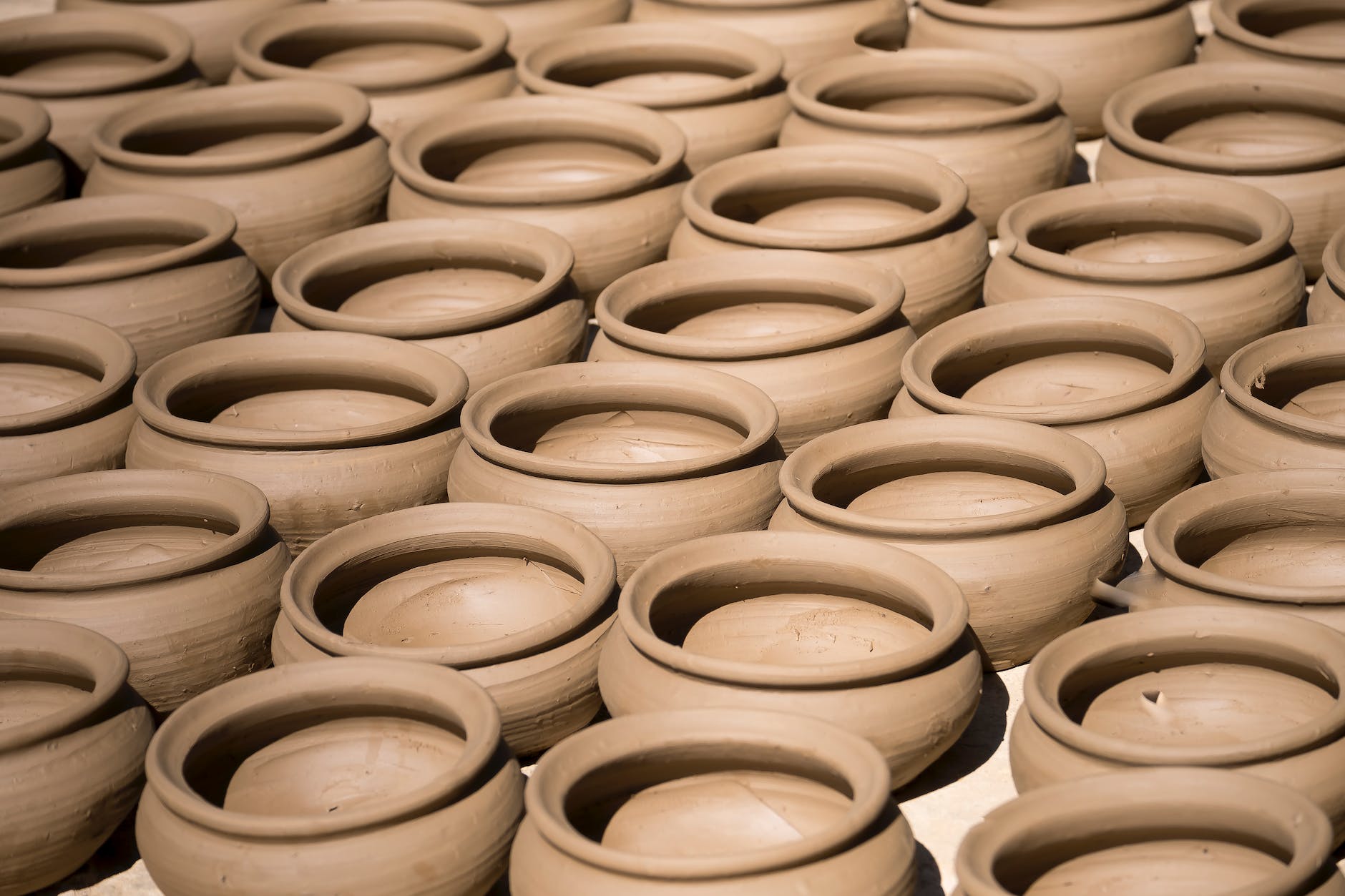Discovering the Creative Spirit of Clay: An Introduction to Pottery for Beginners
The humble medium of clay offers an ideal entry point into realizing personal creativity. Its responsive tactile nature encourages experimentation and self-expression accessible even to total novices. By embracing clay’s forgiving flexibility, beginners gain confidence while creating handmade items full of character and meaning. With curiosity and patience, anyone can unlock pottery’s meditative joy.
Playing with Malleable Possibilities
Clay’s malleable plasticity invites curiosity and delight in discovery. Practice freely sculpting abstract organic forms to get comfortable with its capabilities. Enjoy sensorial texture and flexibility without rigid objectives. Follow intuition and playfully enhance natural clay qualities through primitive subtracting, pinching, coiling, and smoothing. Allowing childlike wonder returns us to creative beginnings.
Exploring Cultural Traditions and Techniques
Researching pottery traditions worldwide provides inspiration on time-tested techniques and ornamentation tailored to local cultures and environments. Replicate traditional vessels, patterns, and firing methods to weave cross-cultural perspectives into beginner works. Blend appreciation for ingenuity of past artisans with personal expression. Honor heritage through humble study.
Reflecting Inner Nature Through Natural Clay
Pottery directly channels inner tranquility by working responsively with earthen clay. Silence technology to listen meditatively. Allow forms to emerge intuitively without forcing rigid designs. Nature’s asymmetries and rhythms flow through hands into unfired clay. Pieces fire into peaceful vessels reflecting inner harmony. Through slowing down, clay connects to dormant creative essence.
Building Hand Strength and Muscle Memory
Clay skills develop gradually through steady practice. Expect tender hands at first. Centering repetitive mounds builds essential strength through the core and fingers to control spinning clay without strain. Daily repetition imprints muscle memory needed for expert refinement. Patience prevents frustration as dexterity and control build slowly.
Learning Through Mini Experiments
Rather than perfecting full-size works immediately, create mini experiments to hone techniques without large time investments. Swift small iterations clarify proper slab jointing, handle pulling, decorative piercing, or firing effects on 5-inch plates, tiles, and models. Troubleshoot miniatures first to avoid big disappointments. Mini-prototypes pave the way for refined final wares.
Embracing Happy Accidents and Imperfections
Rather than failures, beginners view accidents as hidden blessings revealing beauty. Mishaps like air bubble textures, warped edges, or cracked glazes capture uniqueness that rigid perfection lacks. Leaning into flaws through enhancement adds character. The Japanese concept of wabi-sabi finds resonance through accepting impermanent imperfections.
Discovering Community Support and Inspiration
Joining local pottery clubs, classes, and workshops builds solidarity with encouraging peers also learning the craft. Shared tips and troubleshooting through each difficult step prevents isolation. Experienced potters provide guidance in supportive communities invested in each beginner’s development. Together, breakthroughs happen.
Clay’s forgiving nature offers encouragement for those unsure of their latent creative abilities. Progressing through small mindful steps, beginners gain competency through practice and self-compassion. Patience allows anyone to access pottery’s soothing flow state and awakened earth connection.
